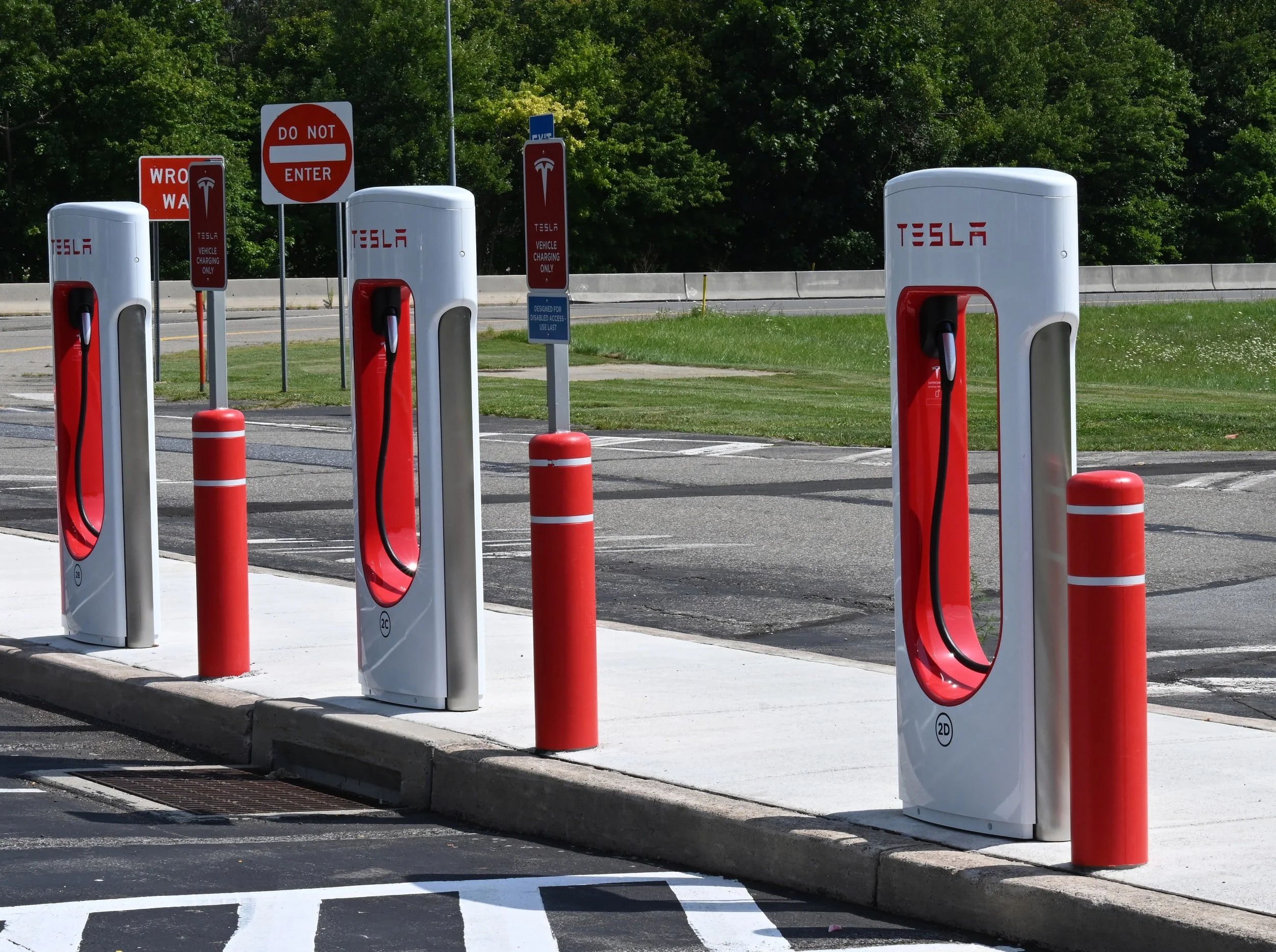
Are you looking to reduce your energy costs?

Cut your bills today!
Ecogen Services, LLC is a leader in providing value-added electrical services to our customers by creating a successful partnership with them throughout the construction process. Our pledge is to establish lasting relationships with our customers by exceeding their expectations and gaining their trust through exceptional performance by every member of our team.
-

Charging Plug-In Electric Vehicles at Home
PHEV and EV owners may install Level 2 (240 V) charging equipment in their homes for a faster charge, or opt for the Level 1 cordset provided with the vehicle as shown here.
Most drivers of plug-in electric vehicles (PEVs)—which include all-electric vehicles (EVs) and plug-in hybrid electric vehicles (PHEVs)—charge their vehicles overnight at home using AC Level 1 or AC Level 2 charging equipment. Residential equipment is frequently installed in garages, but outdoor installation and use are also safe, even if the vehicle is being charged in the rain.
-

New Construction Energy Services
Ecogen is known for its excellence in working with new construction. Whether it is residential homes or large scale commercial construction, we have built incredible reputation for having the expertise to build to code. We do this especially within a budget at incredible speed.
End-to-end energy and electricity service provider
Contact us.
cs@ecogenservices.com
(508) 4 ECOGEN
1 Main Street
Whitinsville, MA 01588

“Electricity Costs for Charging The fuel efficiency of an EV may be measured in kilowatt-hours (kWh) per 100 miles.
To calculate the cost per mile of an EV, the cost of electricity (in dollars per kWh) and the efficiency of the vehicle (how much electricity is used to travel 100 miles) must be known.
If electricity costs $0.13 per kWh and the vehicle consumes 33 kWh to travel 100 miles, the cost per mile is about $0.04. If electricity costs $0.13 per kilowatt-hour, charging an EV with a 200-mile range (assuming a fully depleted 66 kWh battery) will cost about $9 to reach a full charge. ”
— Dan Mascroft










